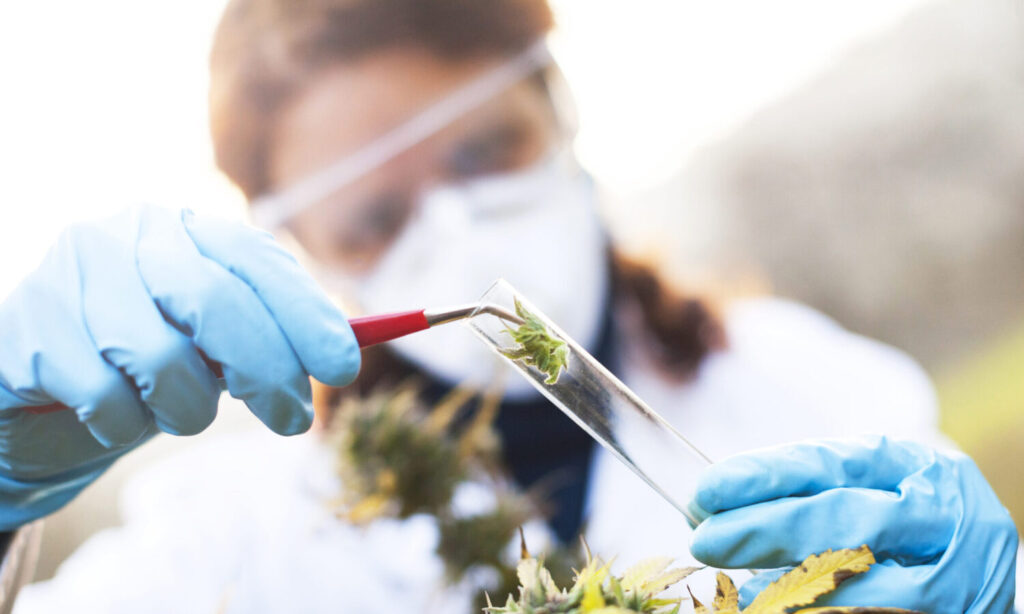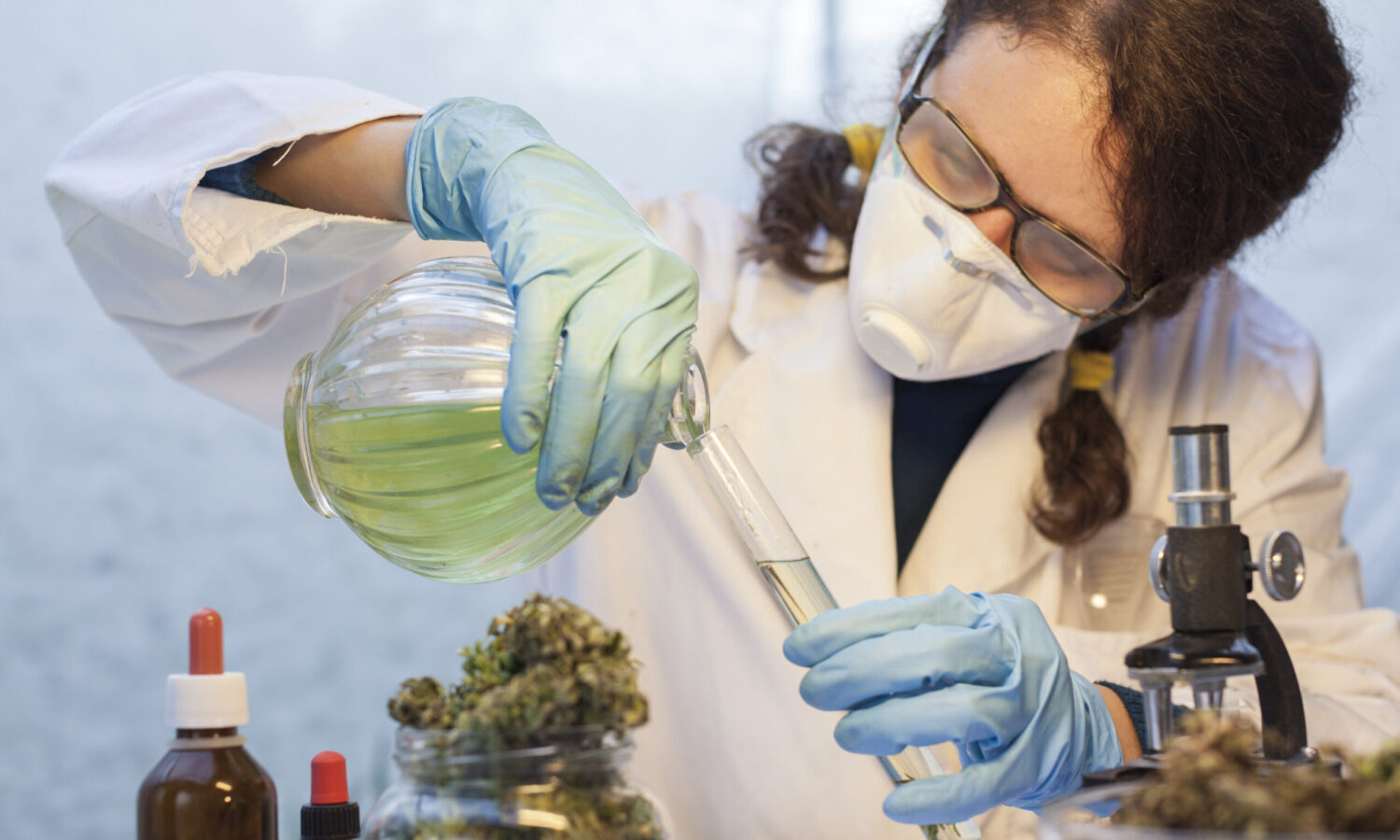For the first time, researchers were able to increase the levels of THC and CBG in a cannabis plant.
Researchers from the University of Jerusalem have managed to manipulate the number of cannabinoids within a cannabis plant.
According to The Jerusalem Post, the research increased the plant’s THC level to 20%, something that could help create new strains with more medicinal power and in boosting crop yields.
The researchers were led by Professor Alexander Vainstein and managed to increase a variety of cannabinoid levels, among them THC and CBG, which were increased by 17% and 25% respectively. Researchers were also able to increase the number of terpenes — aromatic elements within the plant that are linked with euphoric and strong medicinal effects — by 20 to 30%.

RELATED: High THC Weed: A New Form Of Reefer Madness Or Worth The Panic?
Per researchers, the goal of the study was to “intervene in the biochemical pathways in the cannabis plant” in order to manipulate the production of active substances. This was achieved by manipulating a neutralized active virus in the plant. “We examined the infected plants and found that the levels of the substances in question had indeed risen,” wrote the researchers.
“These study results will be valuable both to industry, to increase the yield of active substances, and to medical researchers to cultivate and develop new strains for medical cannabis users,” recapped Vainstein.
The University of Jerusalem has done some groundbreaking work in the field of cannabis since the 1970s, including synthesizing important cannabinoids like THC, CBD and CBG.
RELATED: Want The Best Weed In The Dispensary? Forget THC Percentage And Focus On This Instead
This study marks the first time when the level of a cannabinoid was modified on a cannabis plant, something that could expand on cannabis’ medicinal capabilities. In terms of the industry as a whole, these findings could result in new business opportunities and openings for making a profit.


